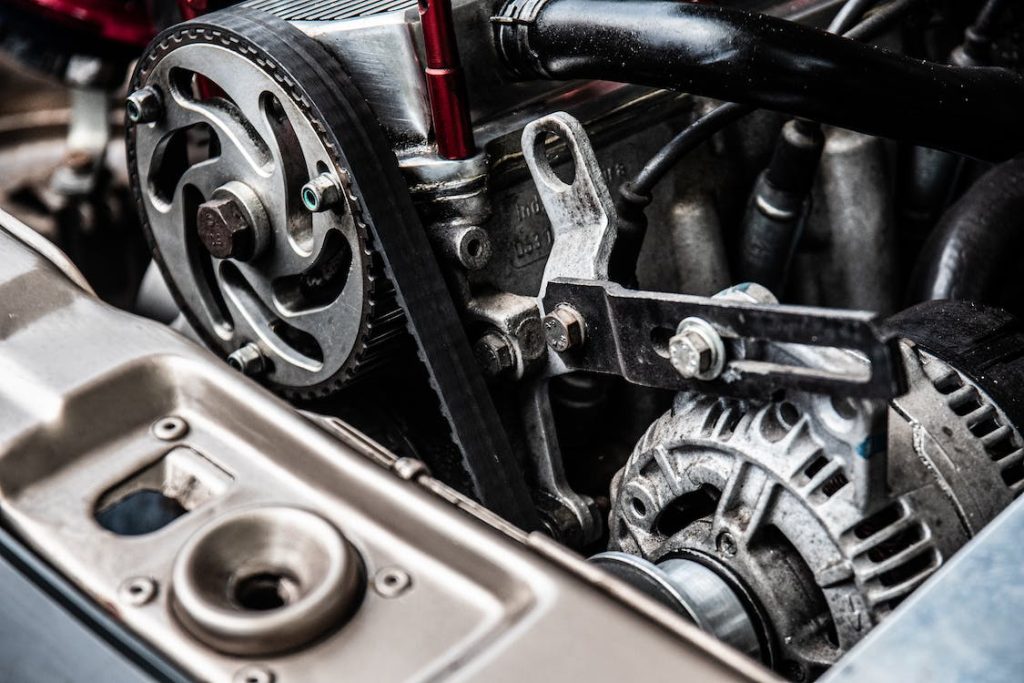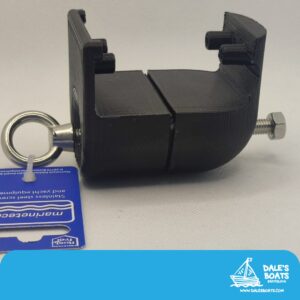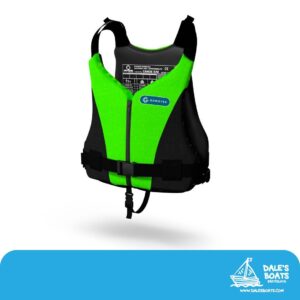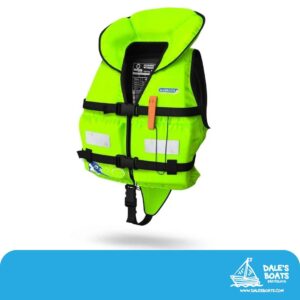Marine Engines vs. Car Engines: Understanding the Key Differences

Introduction
Engines are the heart of every motorized vehicle, be it on land or water. However, not all engines are created equal. The differences between marine engines and car engines might not be apparent to the untrained eye, but these distinctions are crucial to ensuring optimal performance and safety in their respective environments. In this blog post, we’ll explore the major differences between marine and car engines, touching on factors such as design, materials, cooling systems, fuel systems, and exhaust systems.
Design and Construction
Marine engines are designed to operate in a vastly different environment than car engines. While both types of engines convert fuel into mechanical energy, marine engines must contend with the corrosive effects of saltwater, humidity, and the constant motion of a vessel. This necessitates a more robust and corrosion-resistant design.
Car engines, on the other hand, are designed for use on land and are built to be lighter and more compact. They are typically made from aluminum and other lightweight materials to reduce weight and improve fuel efficiency. Marine engines, in contrast, are usually made from cast iron and other corrosion-resistant materials to withstand the harsh marine environment.
Cooling Systems
One of the most significant differences between marine and car engines is their cooling systems. Car engines typically use a closed-loop cooling system with a radiator, where coolant circulates through the engine, absorbs heat, and then releases it through the radiator. This air-cooled system works well on land, where there is an abundant supply of air to dissipate heat.
Marine engines, however, operate in an environment where water is readily available, and as such, they utilize a raw water cooling system. Seawater is drawn into the engine through a pump and circulated through the engine block, where it absorbs heat before being expelled back into the ocean or lake. This open-loop system is more efficient for cooling in a marine environment but requires more maintenance due to the corrosive nature of seawater.
Fuel Systems
The fuel systems in marine and car engines also differ significantly. Marine engines use specially formulated marine-grade fuels that are designed to burn cleaner and produce fewer emissions. These fuels typically have a higher octane rating and contain additives to prevent corrosion and microbial growth in the fuel system. Car engines, on the other hand, use regular gasoline or diesel fuel, which is not suitable for marine use due to its higher sulfur content and the potential for water contamination.
Furthermore, marine fuel systems are designed with extra safety measures in mind. Marine fuel tanks and lines must be built to handle the constant movement of a boat, and they must be properly vented to prevent the buildup of explosive fumes. Car fuel systems do not have to contend with these same challenges.
Exhaust Systems
Another notable difference between marine and car engines is their exhaust systems. Car engines expel exhaust gases into the atmosphere through the exhaust manifold and tailpipe. In contrast, marine engines must be more cautious about releasing exhaust gases into the surrounding water.
Marine engines utilize water-cooled exhaust manifolds and specially designed underwater exhaust outlets to minimize the release of harmful emissions into the water. This unique system also helps to muffle engine noise, which can be a significant concern in a marine environment.
Lubrication Systems
Both marine and car engines require lubrication to reduce friction and wear on moving parts. However, marine engines often require more frequent oil changes due to the harsher operating conditions and the potential for water contamination. Marine engines also typically use specially formulated marine-grade oil, which contains additional anti-corrosion additives to protect the engine from the damaging effects of saltwater.
Maintenance and Lifespan
Due to the challenging marine environment, marine engines require more frequent maintenance than car engines. The corrosive effects of saltwater, the constant motion of a vessel, and the potential for water contamination all contribute to increased wear and tear on marine engines. As a result, they demand more frequent inspections, oil changes, and filter replacements. In addition, specialized parts like sacrificial anodes, which protect against galvanic corrosion, need to be monitored and replaced regularly.
Car engines, while still requiring regular maintenance, generally have longer service intervals. With proper care, a car engine can last for hundreds of thousands of miles. However, the lifespan of a marine engine is often shorter, with many lasting between 1,500 to 2,000 hours of operation before requiring a major overhaul or replacement. This is largely due to the harsh operating conditions and the higher stress placed on marine engines.
Conclusion
While marine and car engines share some similarities, the key differences between them are primarily driven by the unique demands of their respective environments. Marine engines must be built to withstand the corrosive effects of saltwater and the constant motion of a vessel, while car engines are designed for lighter weight and more compact size. These differences extend to the cooling systems, fuel systems, exhaust systems, lubrication systems, and maintenance requirements of each engine type.
Understanding these distinctions is essential for anyone operating or maintaining a marine or car engine, as it ensures the proper care and performance of the engine in its intended environment. By appreciating the unique challenges faced by marine engines, boat owners can take the necessary steps to prolong their engine’s lifespan and ensure a safe and enjoyable experience on the water.



